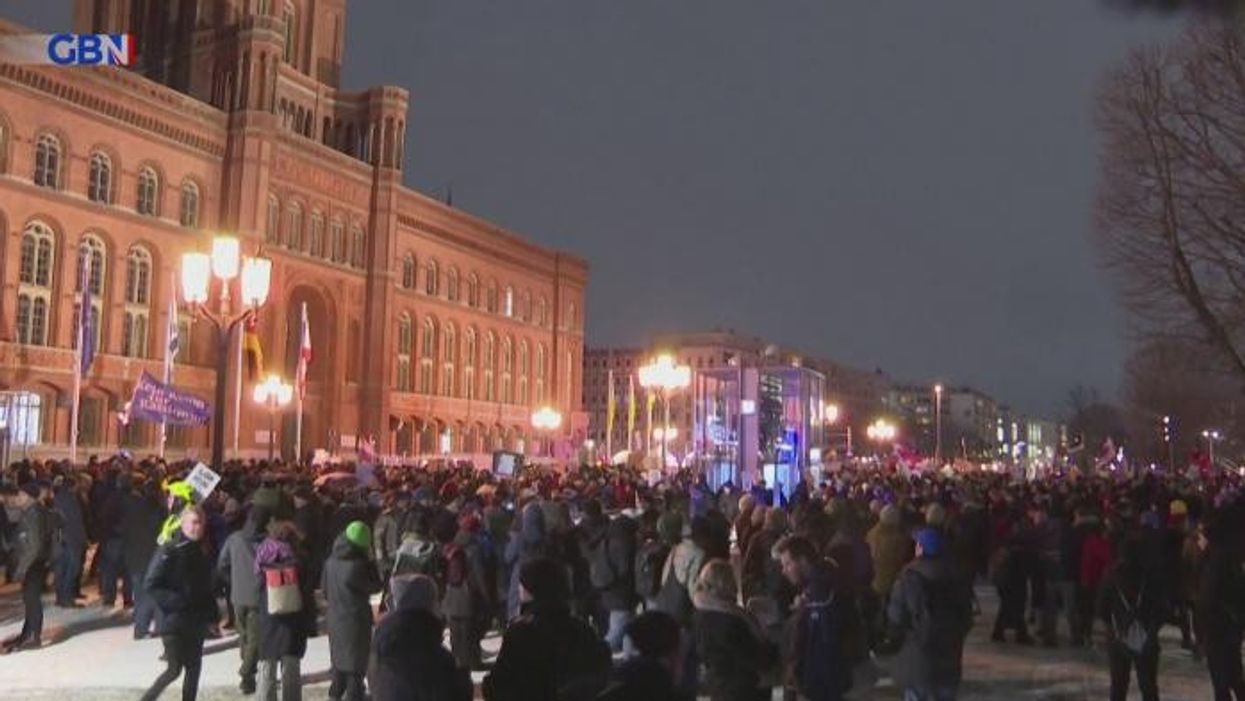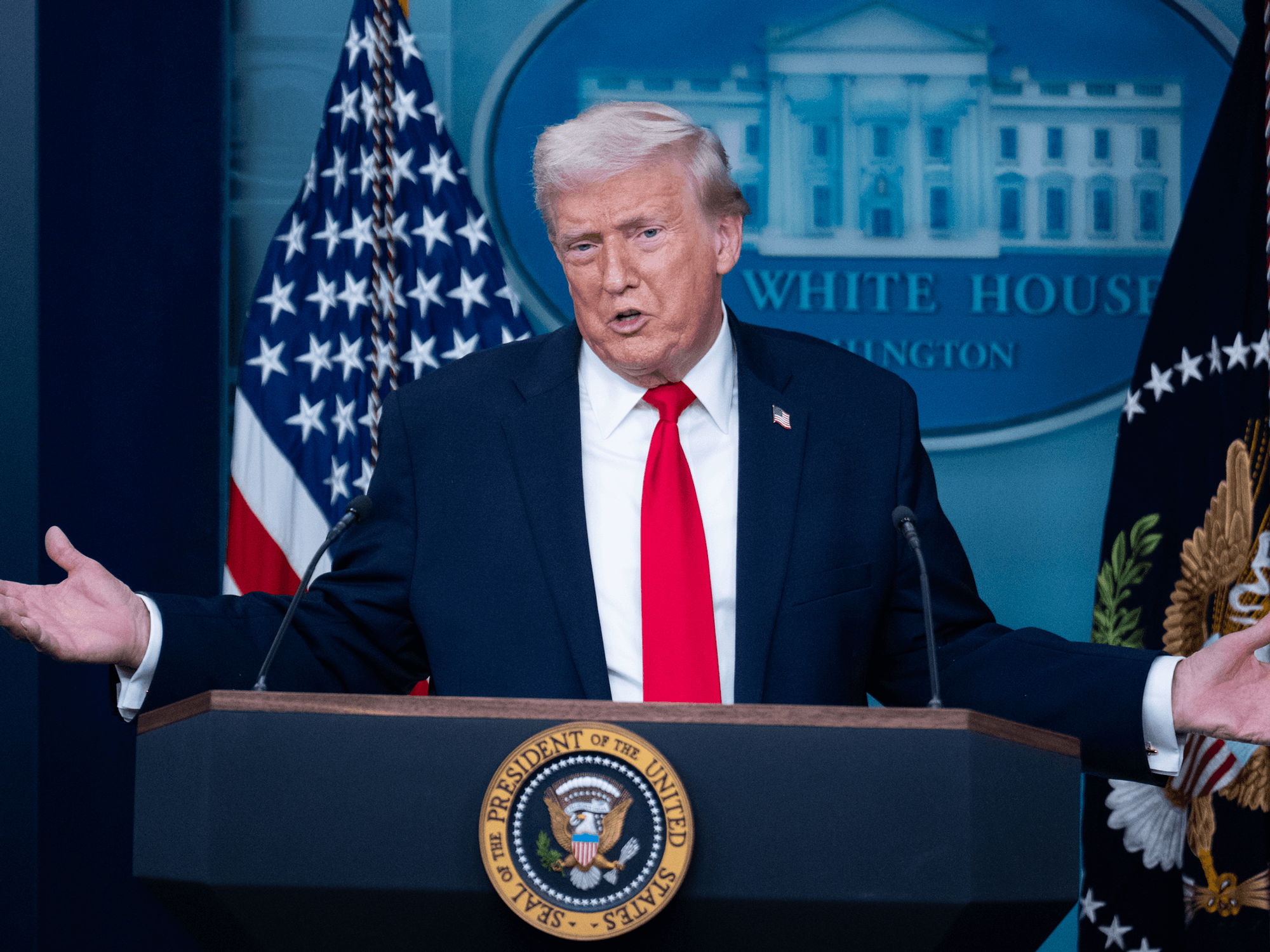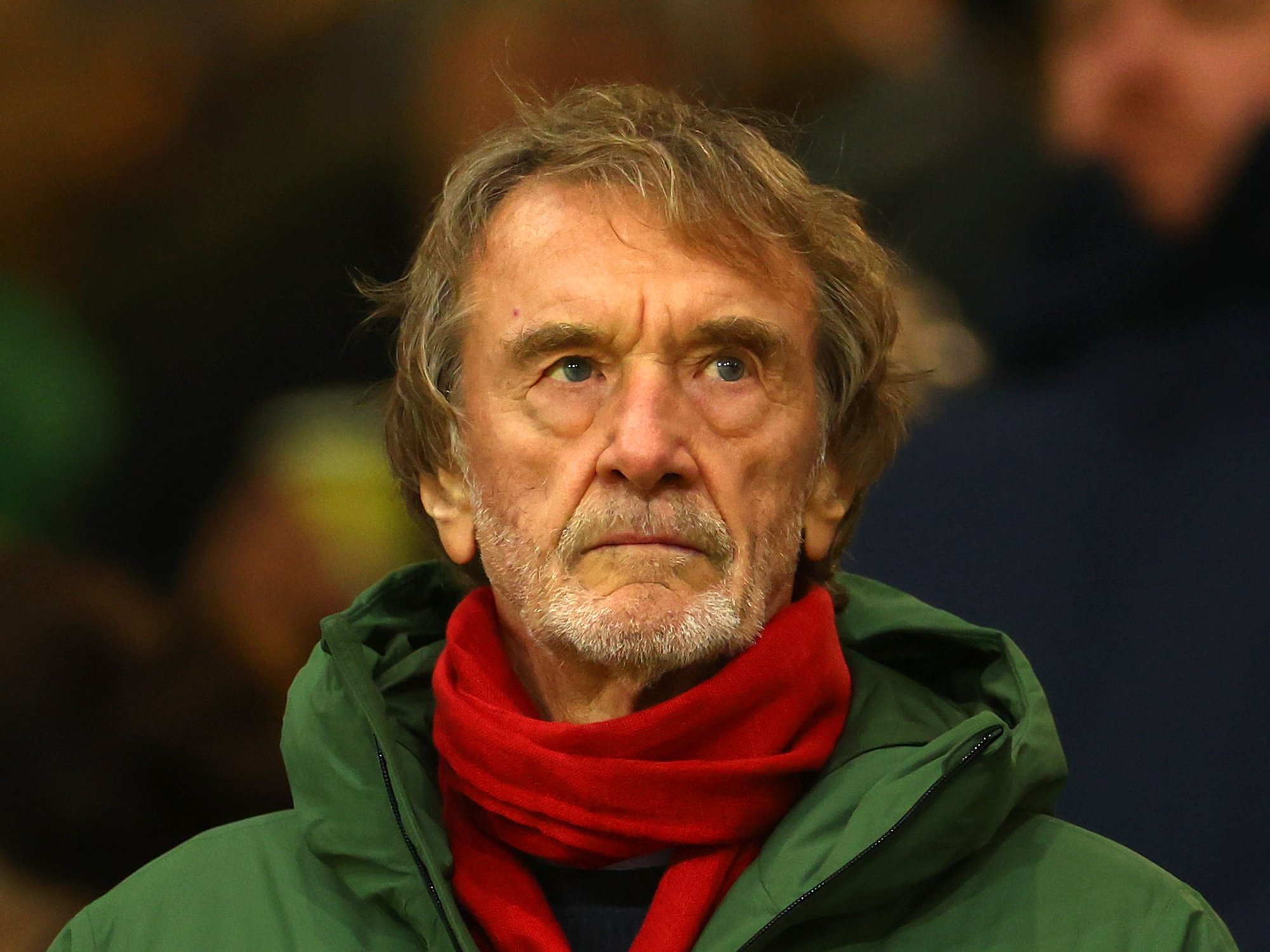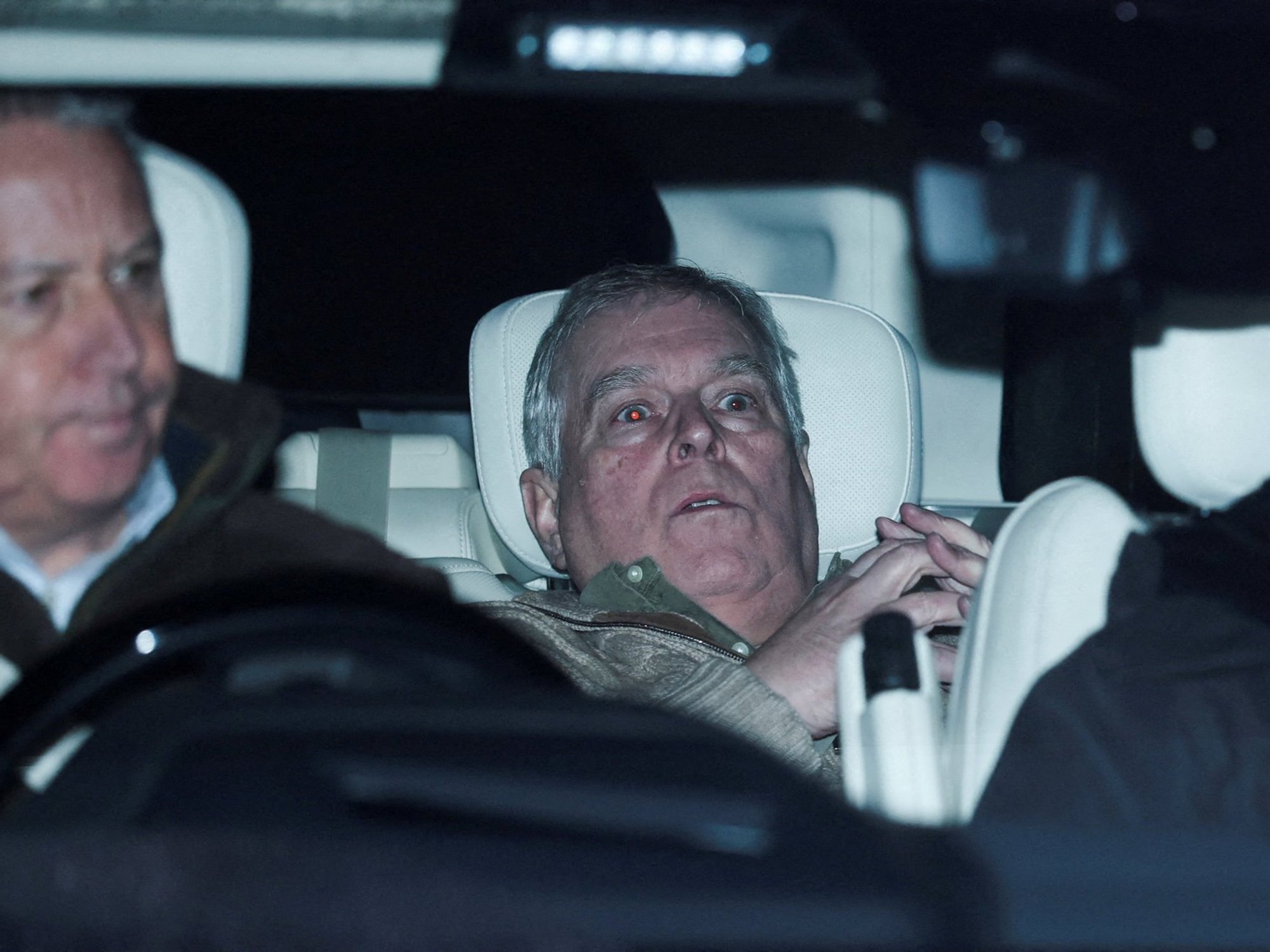Why Brussels should be VERY worried about the state of Germany right now - analysis by Millie Cooke

There is a sense of discontentment growing within Germany's borders - but its impacts will be felt far beyond them
Don't Miss
Most Read
Germany has long been a heavyweight figure in the EU. The largest economy in Europe, it has built its reputation on standing firm as one of the most influential figures within the bloc.
But a wave of discontent is sweeping the nation - and the EU should be worried about it.
Economic woes are taking their toll on the political establishment.
Polling suggests that as many as 54 per cent of voters have little faith in German democracy. A meagre nine per cent trust political parties in general.
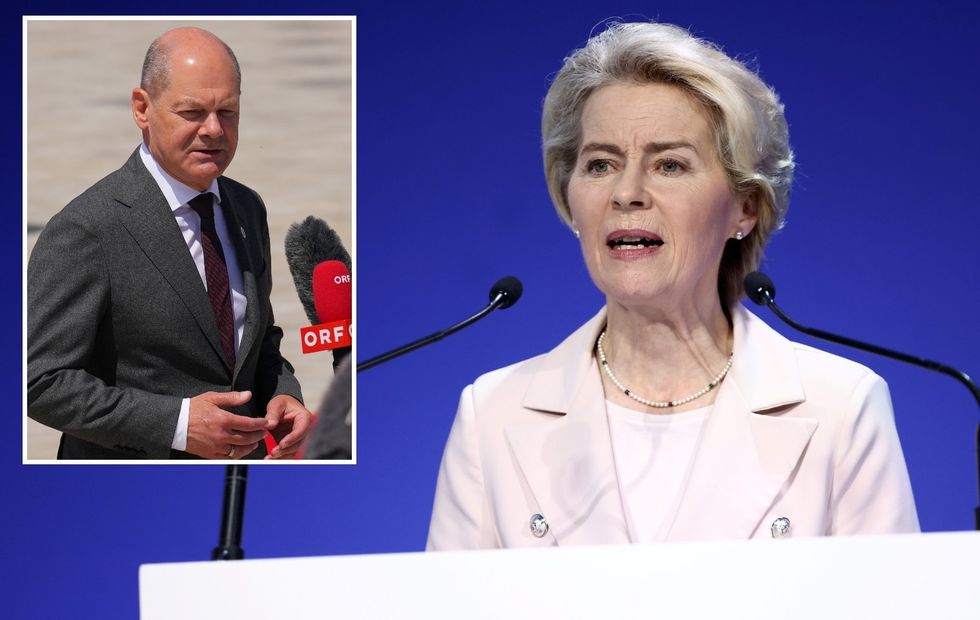
Germany has long been a heavyweight figure in the EU
|PA
Just 27 per cent of people feel confident that the state is able to do its job well, while 69 per cent say it is currently overwhelmed.
German chancellor Olaf Scholz's approval ratings are plummeting too. He is now facing the lowest approval ratings of any modern German leader, with his Social Democratic party (SPD) having fallen to 13 per cent in the polls.
Between them, the three parties in Scholz’s ruling coalition — the SPD, the Greens and the Free Democrats (FDP) — can barely reach 30 per cent approval.
Meanwhile, a wave of strikes has broken out across German hospitals, train lines and even nursery schools.
There is an unsustainable sense of discontentment growing within its borders - but the impacts will be felt far beyond them.
To begin with, the increasing sense of scepticism towards mainstream political parties has pushed German voters towards far-right party Alternative for Germany (AfD).
Its appeal rests upon its demands for tighter controls on Germany's borders. Equally worrying for the EU, it also rests on a strong sense of Euroscepticism.
The party's successes have so far been small but significant. In state elections held last October, AfD made gains in two states - coming second in Hesse and third in Bavaria.
The results both represent historic gains for the party.
Meanwhile, the three parties that make up Olaf Scholz' federal coalition government were hit with significant losses.
In an election which was seen as a bellwether for national feeling, the centre-left Social Democrats (SPD), the Greens, and the liberal Free Democrats (FDP) all saw their support fall.
MORE CONTENT FOR GBN MEMBERS:
Therefore it is not surprising that the course of Scholz' foreign policy is being affected.
Last year, we saw Germany - traditionally a vocal backer of the EU's aims and priorities - dig its heels in at the prospect of handing over an additional €66 billion to the bloc's budget.
And worryingly for the integrity of the Schengen Area's free movement rules, Germany joined more than 10 other EU states in introducing border checks to crack down on the flow of illegal migration into the EU nation.
The trend of Germany pushing back against policies which are central to the integrity of the bloc is not coincidental. The country is in a state of distress - and its knock-on effects will be felt in Brussels.


